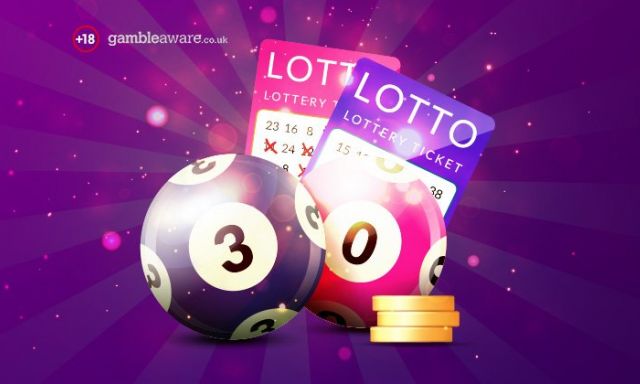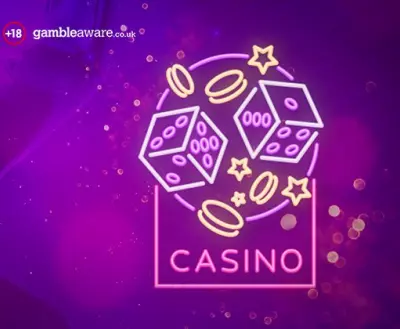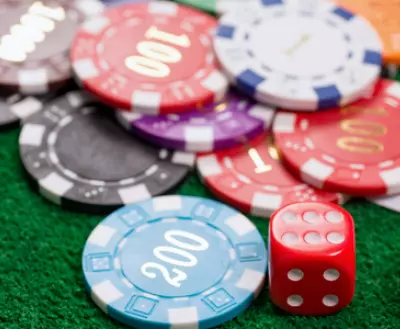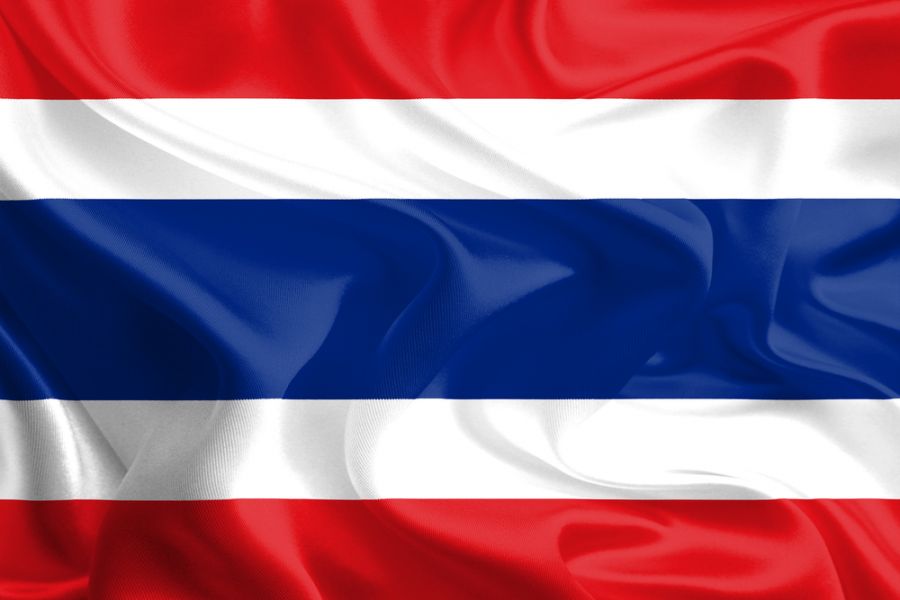
From time to time, stories crop up that show the lengths people will go to to claim their lottery winnings. Whether it’s piecing together tickets, or rummaging through bins to recover that crucial bit of paper, near misses for winners are, at least in the press, an often-trailed occurrence.
But news emerging from Thailand this week looks set to take the old cliche of the desperate lottery winner to a whole new level. Rather than finding a lost ticket, or convincing the lottery operator to pay out a jackpot on incomplete data, this latest case is altogether more unusual.
A dispute over a recent jackpot paid out by the Thai lottery could now see the protagonists subject to a DNA test, in order to prove their identity, and that they are entitled to their winnings. The process might sound more intrusive than your average lottery claiming prize, but with a lot of money on the line, and tensions running high between the major players in this saga, it could be all that remains for the lottery operator in deciding where to pay the funds.
The Thai lottery paid a prize of just shy of 1.0 million, of 30m THB. The lucky winner, Charoon Wimon, was jumping for joy in celebrating the winnings. A retired policeman, one can only imagine the impact of such a sizeable win – the perfect pension, especially when you factor in disparities in purchasing power with, say, the UK.
But the payment was not to go without a hitch. A retired schoolteacher, Preecha Kraikruan, claimed he had misplaced the winning tickets, casting major doubt on the true identity of the winner. Worse still, by the time of the challenge, the funds had already been paid to Wimon, sparking the current dilemma facing the lottery operator.
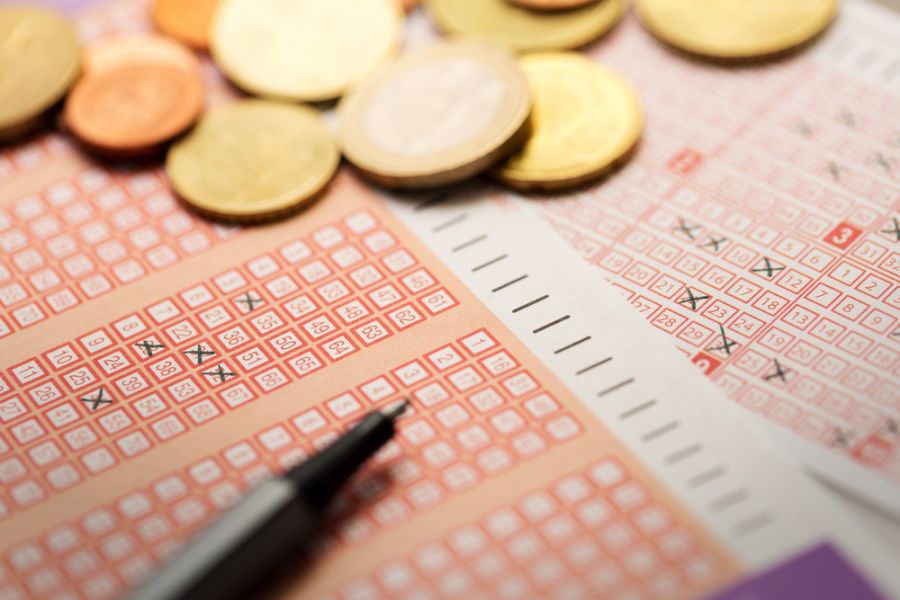
Since the winnings have been challenged, the authorities there have frozen the winnings in Wimon’s account. Understandably, Wimon is reportedly furious with this development, and in particular, with pressure from local police encouraging him to split the prize with the challenger Kraikruan to bring the case to a speedy resolution.
Faced with little alternative to establish the true identity of the winning ticket holder, Thai police have now committed to biological testing, with fingerprint and DNA evidence now being gathered that could solve the riddle.
The efforts will include testing for fingerprints on the winning tickets, and swabbing for Kraikruan’s DNA, to determine which of the two could be telling the truth. The results of the testing process are expected to be unveiled over the coming days, and could see one of the parties involved subject to criminal proceedings.
Bizarrely, this isn’t the first time recently Thai lottery tickets have been disputed, with no fewer than four similar cases progressing through the Thai justice system at the moment. It is suggested that fraud may be at play in one or more of these cases, and there has been some suggestion that the cases may be linked with one another, although this remains unconfirmed.
Government operated lotteries are amongst the only forms of gambling permitted under Thai law, and tickets are tracked and limited, to ensure the propriety of the lottery service. The Government Lottery Office, which organises and operates the lottery, has also had a number of other products under consideration, although the current debacle will serve as yet another distraction from this aim.
Personally, you can’t help but feel some sympathy on the facts for Wimon, assuming his story is true at face value. With the funds still hanging in the balance, all sides will be pushing for a speedy resolution, so the rightful winner can kick off the new year in style by enjoying their prize as intended.

